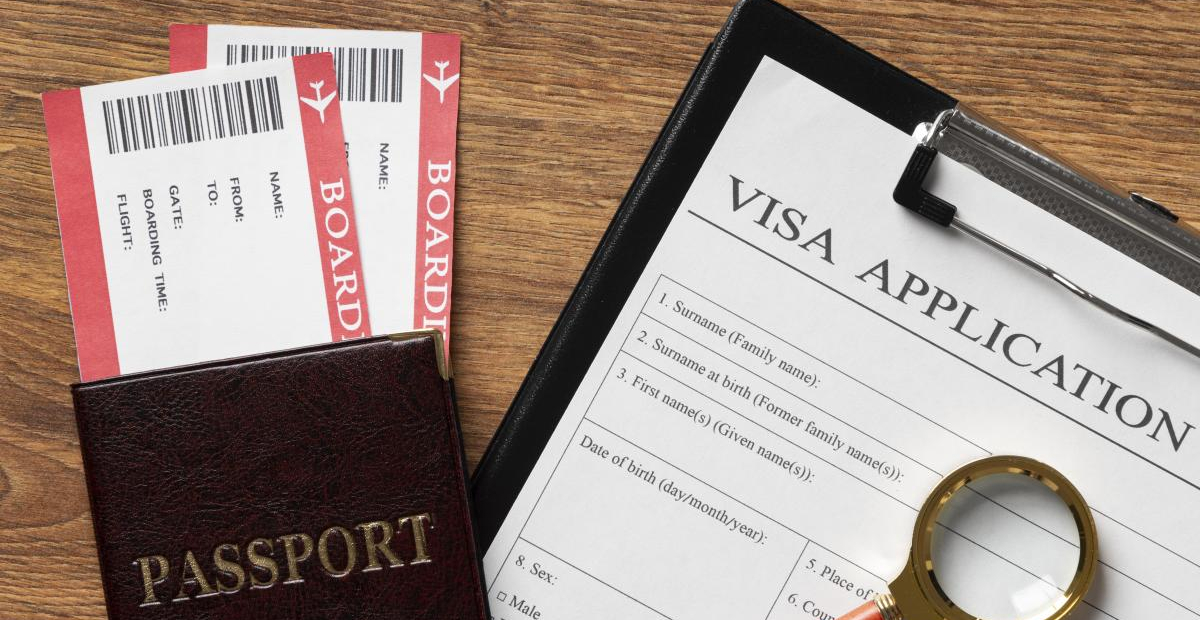Bali’s property market presents unique opportunities and challenges for foreign investors. Understanding property regulations in Indonesia is crucial for ensuring compliance and safeguarding investments.
This guide provides insights into ownership types, legal considerations, and common practices for expatriates interested in property ownership in Bali.
Property Regulations in Indonesia: A Complete Guide for Foreign Investors
1. Right of Utilization (Hak Guna Bangunan)
Foreigners can acquire the Right of Utilization (Hak Guna Bangunan) over land in two ways:
- Purchasing land and its associated building rights.
- Leasing the land and constructing a house on it.
These transactions must adhere to local laws, requiring a deed registered with the Land Office and compliance with construction regulations, such as obtaining a Building Construction Permit (IMB). This option provides a structured way for foreigners to secure property rights without direct ownership.
2. Apartments and Office Spaces Under Strata Title
Investors can purchase apartments or office spaces with a strata title. This allows ownership of the building but not the underlying land.
Key considerations:
- Foreigners can only hold land-use deeds, while most developments use right-to-build deeds, creating ambiguities.
- Legal instruments like Convertible Lease Agreements may offer alternatives for securing long-term usage rights.
Tip: Work with experienced property lawyers to mitigate risks and ensure contracts are watertight.
3. Single-Family Dwellings
Foreigners cannot directly own single-family homes due to Indonesian property laws. Developers often provide long-term lease agreements as an alternative, which are renewable under specific conditions.
4. Indirect Land Ownership Through Local Partners
Foreigners can enter agreements with Indonesian citizens to act as legal landowners. In this setup:
- The foreigner retains control over the property through a notarized agreement.
- The Indonesian owner must comply with the foreigner’s directives regarding the land.
While this offers flexibility, it carries significant trust and legal risks.
Legal Restrictions and Property Regulations in Indonesia
Key Legal Frameworks
- Amendment No. 7/1996: Allows foreigners to purchase property rights under certain conditions, such as apartments or houses on land with Hak Guna Bangunan.
- Strata Title Regulations: Foreigners residing in Indonesia can purchase apartments in buildings that meet regulatory standards, but land-use rights remain unclear.
Documents Required for Property Transactions
When purchasing or leasing property, ensure the following documents are in place:
- Land Utilization Deed
- Building Construction Permit (IMB)
- Ownership or Lease Agreement, validated by a notary.
Special Provisions for Bali and Other Regions
Jakarta and Bali
Presidential and Governor’s decrees in regions like Bali impose specific restrictions on Hak Milik titles. Consulting local legal experts is crucial for compliance.
Batam Island
Unlike Bali, foreign nationals can own properties in Batam under Decree No. 068/KPTS/KA/III/1999. This exception allows ownership of residential or commercial properties, excluding low-cost housing.
Challenges and Precautions
Legal Ambiguities
Despite reforms, property regulations in Indonesia can be unclear, especially regarding strata titles and long-term leases. This creates uncertainty in ownership rights and lease agreements.
Vetting Developers and Management Firms
Ensure due diligence when dealing with property developers or management companies. Investigate their credibility, financial stability, and track record before entering into agreements.
Convertible Lease Agreements
These agreements allow foreigners to lease properties while retaining the option to convert the lease into ownership when regulations permit. However, they require thorough legal review to avoid future disputes.
Steps to Secure Property in Bali
- Research Property Types: Decide whether you want to purchase an apartment, lease a home, or acquire rights to land.
- Consult Legal Experts: Work with lawyers who specialize in Indonesian property laws to ensure compliance.
- Verify Documents: Confirm the validity of deeds, permits, and contracts with the relevant authorities.
- Conduct Developer Background Checks: Avoid unreliable developers by checking their history and reputation.
- Register Property: All transactions must be registered with the Land Office to be legally binding.
Conclusion
Navigating property regulations in Indonesia is challenging but not impossible for foreign investors. With the right legal support and careful planning, it’s possible to secure property rights while adhering to Indonesian law.
Whether you’re purchasing an apartment, leasing a villa, or exploring land-use agreements, understanding the rules is your first step toward a successful investment.







